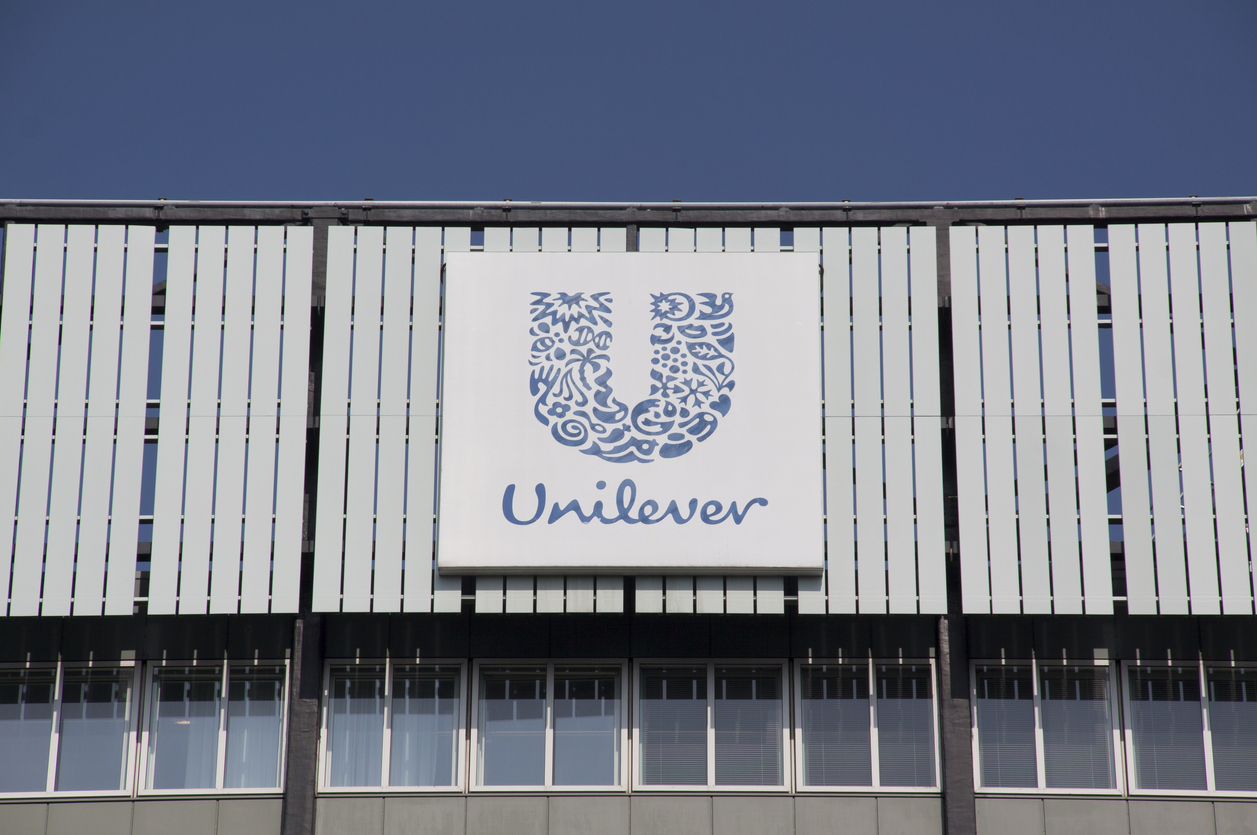The Scoop: Unilever walks back ESG promises to cut costs
Plus: TikTok sale-or-ban bill passes House (again); Meta backs away from politics.

Massive consumer goods company Unilever, maker of products ranging from Ben & Jerry’s ice cream to Dove beauty products, has taken a big step back from many of its promises to reduce plastics, pay a living wage to suppliers and more.
Unilever, one of the largest users of plastic packaging in the world, had previously promised to halve its use of virgin plastics by 2025. Instead, it will now aim for a reduction of a third by 2026, Bloomberg reported. The less ambitious target equates to about 100,000 tonnes more fresh plastic every year.
The company is also abandoning a pledge to pay direct suppliers a living wage by 2030, instead proposing fair pay for suppliers accounting for half its annual spend on goods and services by 2026. It is also dropping a promise to spend €2bn (£1.7bn) a year with diverse businesses by 2025 and a commitment that 5% of its workforce will be made up of people with disabilities by the same year.
CEO Hein Schumacher said that interest in ESG issues is “cyclical,” with a past interest in climate issues now being replaced with a focus on global conflict.
“I’m not going to shout that we’re saving the world, but I want to make sure that in everything that we do, that it is indeed better,” Schumacher said.
Why it matters: Unilever is just the latest company to find itself caught between customers who demand green initiatives, anti-ESG backlash and the real costs of being environmentally and socially responsible.
The Guardian said that Unilever specifically is pulling back on its promises due to shareholder pressure to focus on profits over the planet.
They aren’t alone in this. It’s all part of a larger movement that is deemphasizing ESG pledges after several years of big promises supported by splashy PR campaigns. It’s also a trend spurred, in part, by the SEC’s decreased emissions reporting requirements
This now puts the PR department in the unenviable position of walking back the vows they helped make just a short time ago.
When making a large social pledge, it’s also wise to also, quietly and in the hopes it will never be needed, begin to workbegin working on strategies in case the plan can’t be carried out. How will you address the shift? How will you highlight the good work that has been done, even if the overall plan falls short?
Editor’s Top Reads:
- The U.S. House of Representatives has once more voted to force TikTok parent company ByteDance to sell the app or face a ban in the country. Yes, they did just pass a similar measure back in March. The difference this time is the bill was bundled with several other foreign policy initiatives, and that ByteDance now has up to one year to sell TikTok before it would face a ban, CNN reported. Both of these factors are seen by political insiders as increasing its odds of passing the Senate. Here are some ideas for what all this could mean for your social media strategy.
- Facebook and Instagram played a key role in the last several U.S. presidential elections. But 2024 could be different. The Washington Post reports that Meta, which owns several major social networks, is looking to keep a lower profile in the politics department this time around. Algorithms now deprioritize political content and the robust targeting tools that once helped campaigns reach just the right voters now face new rules and restrictions. “These changes are intended to impact what people see because that is what they told us they wanted — to see less political content and have more controls,” Meta spokesperson Dani Lever told the Post. If you’re in politics, this is a sea change. If you’re not in politics, this could be a welcome change, creating a platform that’s more brand-safe and less angry from constant exposure to political content. Either way, it bears watching.
- Nike, reeling from recent layoffs of 1,600 employees, is looking to return to its roots and find success once more. The Wall Street Journal offers a deep dive into how the company lost its way by going all-in on a pandemic era online shopping boom that evaporated once life returned to normal and shunning its core audience of runners and athletes to chase a more general lifestyle audience. Now, they’re looking to roar back with a new Air line that was unveiled at a star-studded event previewing the Paris Olympics. Is it too little, too late? Or can Nike return to its glory days by focusing on its core products and audiences once more?
Allison Carter is editor-in-chief of PR Daily. Follow her on Twitter or LinkedIn.







